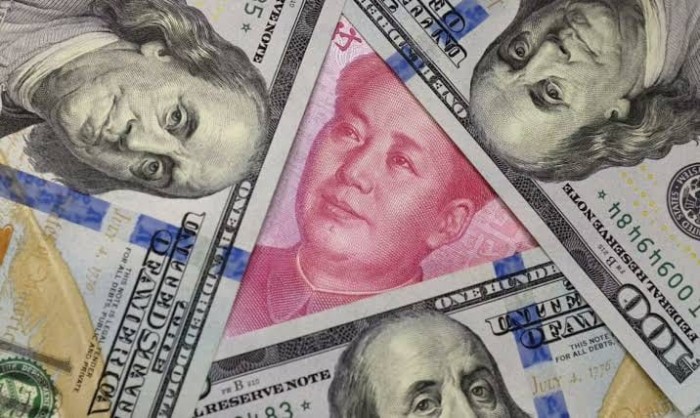
 14 May، 2025
14 May، 2025
 ابحاث السوق
ابحاث السوق
 Views
: 25
Views
: 25

The US dollar index continued its decline for the second consecutive session on Wednesday morning, May 14, losing approximately 0.60%, trading at 100.20, following a 0.80% loss on Tuesday. This wiped out all of the gains it recorded in the opening session of the week, due to the trade agreement between China and the United States. This decline was influenced by declining US inflation rates and rising expectations of interest rate cuts. Data released Tuesday by the US Bureau of Labor Statistics showed that the Consumer Price Index (CPI), a measure of inflation, rose 0.2% in April after falling 0.1% in March, below expectations of a 0.3% increase. The annualized index rose to 2.3% over the past 12 months, from 2.4% in March, marking the lowest rate since February 2021. The US inflation figures for April, along with the truce reached between Beijing and Washington earlier this week, reduced market concerns about the extent of the damage and the continued rise in inflation. They also supported market expectations of interest rate cuts this year. According to the CME’s Fed Watch tool, markets now expect two interest rate cuts in the remainder of the year: the first in September and the second at the Fed’s December meeting, supporting the decline of the US dollar. In turn, US President Trump reiterated his call for an interest rate cut on his Truth Social platform after US inflation figures fell short of expectations on Tuesday, again accusing Powell of delaying the rate cut. With no economic data on Wednesday, markets are awaiting producer price inflation figures on Thursday, in addition to US retail sales, unemployment benefits, manufacturing indicators, and statements from US Federal Reserve Chairman Jerome Powell. The euro is trading at 1.1250, up more than 65 points against the US dollar, while the pound is up more than 50 points at 1.3350, and the Japanese yen is trading at 145.82. From Australia, where wages rose 3.4% year-on-year in the first quarter of this year, according to figures released in the Asian session, and rose 0.9% quarter-on-quarter from 0.7%, exceeding market expectations. The Australian dollar traded 0.40% higher against the US dollar this morning at 0.6475, after recording gains of more than 1.5% on Tuesday.